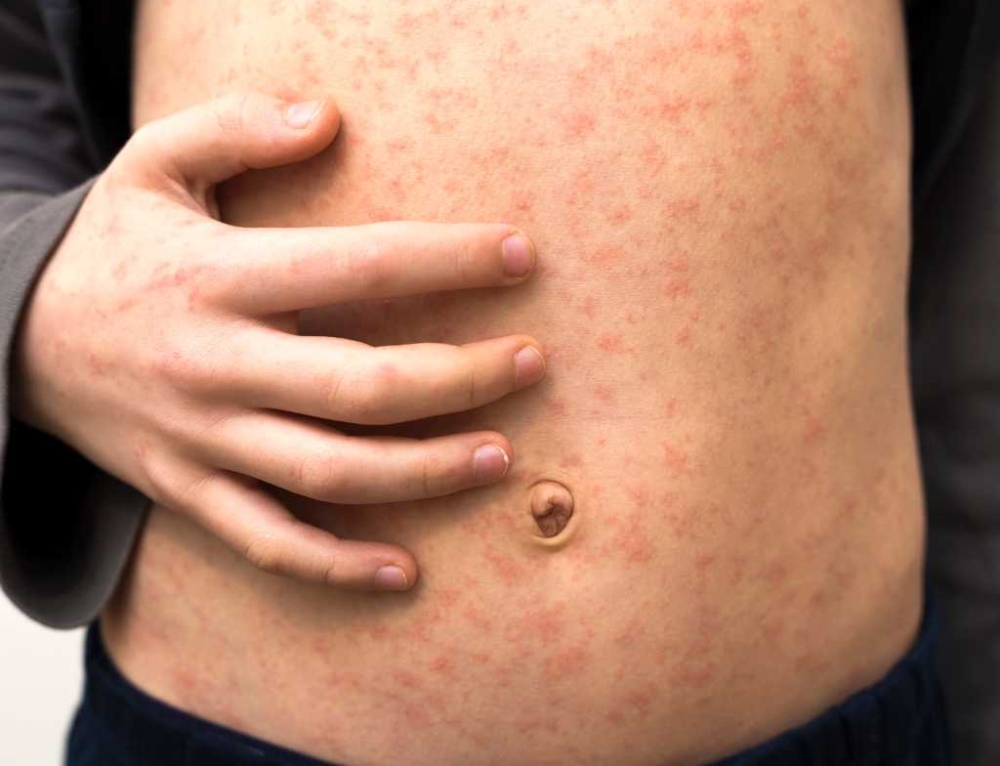In 2010, after 12 long years debating the safety of the MMR vaccine in mother’s groups across the nation, a key paper linking the three-in-one jab with autism has been retracted.
MMR vaccine
The MMR vaccine is a triple immunisation against measles, mumps and rubella. It is given at twelve months and again at four years.
The Lancet’s decision to retract the paper
The decision by internationally renowned medical journal, The Lancet, to retract a study linking the MMR vaccine to autism was made after a British medical disciplinary panel found the paper’s main author, Dr Andrew Wakefield, had presented his research in an irresponsible and dishonest way.
“”It has become clear that several elements of the 1998 study by Wakefield et al are incorrect, contrary to the findings of an earlier investigation,” The Lancet, said in a statement.
The paper was also partially retracted in 2004 after it emerged that Dr Wakefield had received payments for his research from the lawyers of parents whose children they believed had been adversely affected by the MMR vaccine.
Background: The Wakefield Studies
The 1998 paper known as ‘The Wakefield Studies’ was based on 12 children, some of whom had bowel disorders and autism which had developed following vaccination with MMR. The suggestion was made that there may be a link between the vaccine, bowel disease and autism.
Dr Wakefield’s studies suggested that measles virus in the gut caused a new syndrome of Inflammatory Bowel Disease (IBD) which resulted in decreased absorption of essential vitamins and nutrients through the intestinal tract. It was suggested that this in turn caused developmental disorders such as autism, or worsening of symptoms in children already diagnosed with autism.
Consequently, the paper triggered a sharp fall in international vaccination rates and years of speculation about the safety of the MMR vaccine.
No Link between autism and MMR vaccine
A large number of independent researchers from around the world, using many different techniques ranging from molecular biology studies to population based epidemiology, have now shown that there is no evidence of a link between MMR vaccine and autism or IBD. Some of these include:
- A review by the World Health Organization concluded that current scientific data do not permit a causal link to be drawn between the measles virus and autism or IBD.
- An extensive review published in 2004 by the Institute of Medicine concluded that there is no association between the MMR vaccine and the development of autism.
- Reviews by the American Academy of Pediatrics, The British Chief Medical Officer, the UK Medical Research Council, Canadian experts, and numerous other scientific experts have stated that there is there is no link between autism or IBD and the measles vaccine.
Risks of MMR vaccine reactions
Most adverse reactions to the MMR vaccine are limited to mild fever and a non-infectious rash that resolve within a day or two. Serious reactions, such as brain inflammation (encephalitis), are extremely rare and occur only once in every million vaccinations.
The risks of complications or death from catching the diseases are much higher, and include:
- Measles – around one in 15 children get pneumonia and around one in 1,000 experience inflammation of the brain (encephalitis). Of those who develop encephalitis, 10 per cent will die and 40 per cent will be permanently brain damaged.
- Mumps – around one in 200 children experience encephalitis.
- Rubella – around 90 per cent of infected foetuses will develop defects including deafness, blindness and brain damage.
What causes autism?
Autism is a developmental disorder that commonly affects a child’s behaviour, communication and ability to interact with others.
The exact cause remains unknown but brain development, genetics and environmental factors (such as diet) are being investigated.
No causal link between the MMR vaccine and autism has been established despite intensive worldwide investigations.
Where to get more info
- Your doctor
- Immunisation Advisory Centre Tel: 0800 466 863
——————————-
HPV Immunisation has an excellent safety profile similar to any other childhood immunisations and recommended by health professionals. To protect your child against most HPV cancers, get them immunised at school or visit your local GP.
For more information about the HPV school immunisation programme, visit www.health.govt.nz/hpv
Written by Lana Verco for Kidspot, New Zealand’s parenting resource for family health. Sources include Better Health Channel, National Centre for Immunisation Research and Surveillance and ABC news.







Leave A Comment
You must be logged in to post a comment.